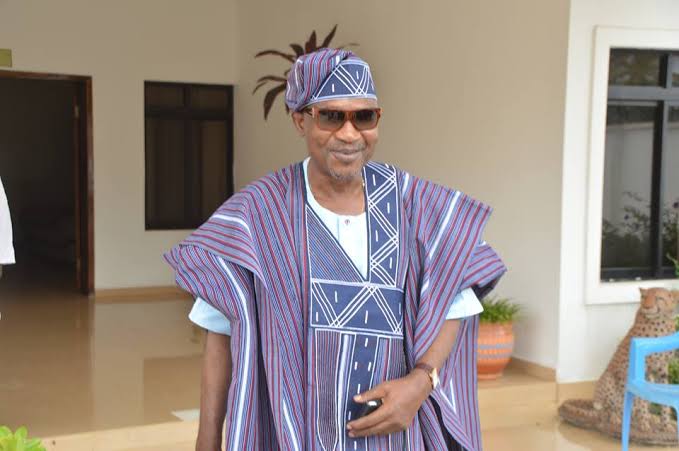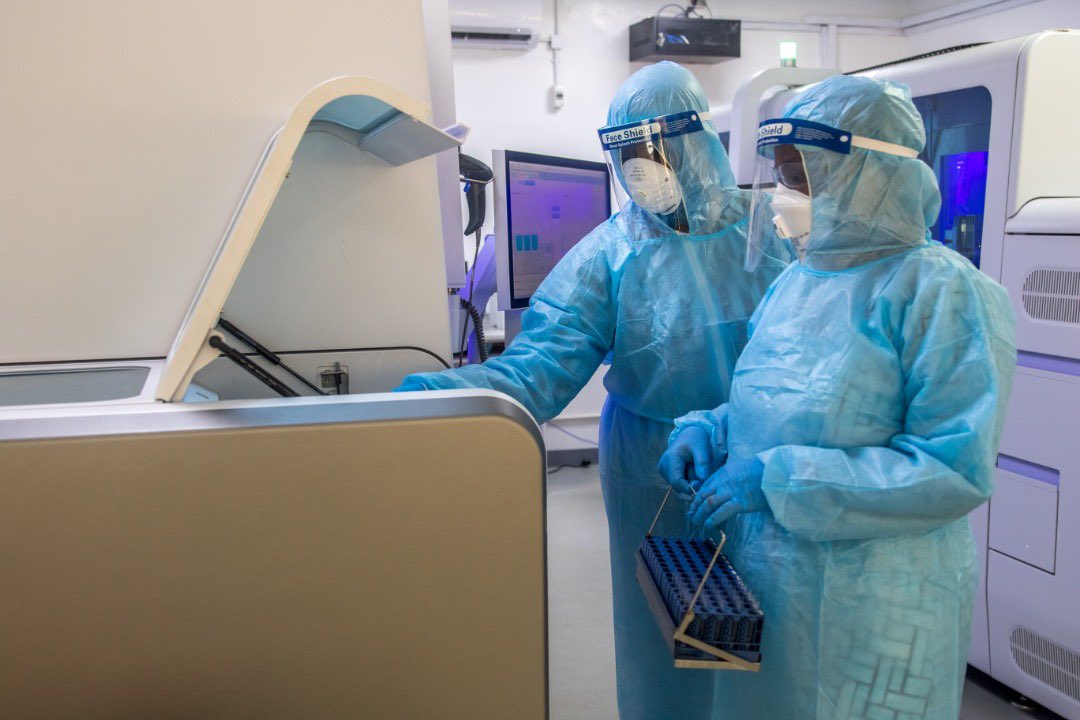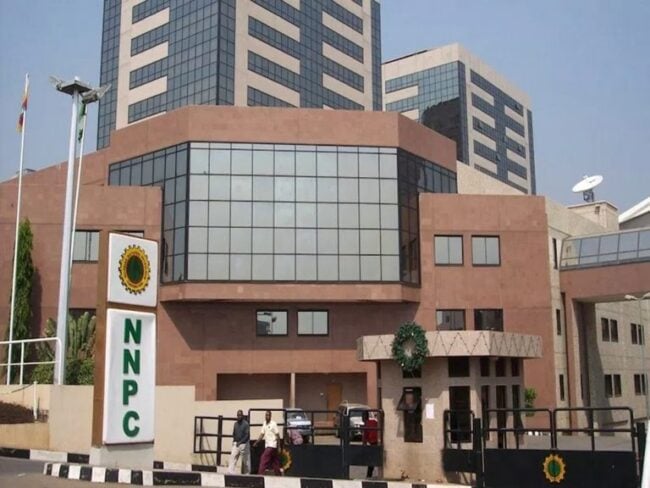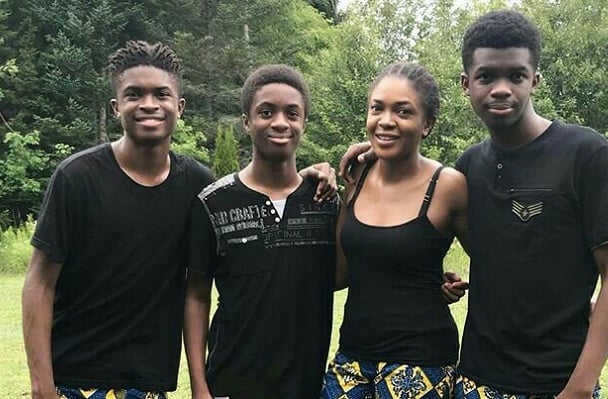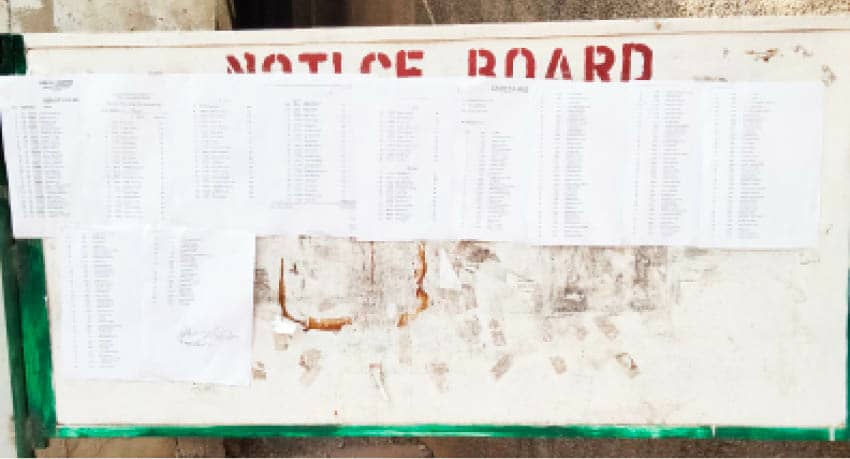If the study of crime had a face in Nigeria, Femi Odekunle would be the poster child. His age-long experience in the field of criminology and his appointment as a member of the Presidential Advisory Committee Against Corruption (PACAC) distinguished him as a renowned expert in crime-related matters.
On Tuesday, at the age of 77, the anti-corruption crusader shut his mind, body and soul to the world. He proceeded to meet his ancestors following an unsuccessful battle with COVID-19 at an isolation centre in Gwagwalada, Abuja. In a statement, Garba Shehu, presidential spokesman, said Odekunle’s charisma and contributions will be missed by his friends and associates.
“His lasting contributions as well as his charisma, wit and sense of humor will be sorely missed by all us, his friends and associates. May the Almighty repose his soul,” he said.
Odekunle obtained degrees in Sociology and Criminology in Nigeria and the United States respectively. After teaching at Lincoln University in the US for about two years, Odekunle returned to Nigeria in 1974 to assume duty as lecturer II at Ahmadu Bello University (ABU), Zaria, where he started the criminology training programme. In 1975, he was lecturer I, senior lecturer (1977), associate professor (1979), and in 1982, he was recommended for the position of full professor. It was formally conferred on him in 1985. This implies that Odekunle had been a professor for 35 years before his demise.
Advertisement
WENT INTO GOVERNMENT TO ‘ASSIST A FRIEND’
In 1994, Odekunle was appointed as the chairman of the advisory committee on socio-political and economic matters to Oladipo Diya, the chief of general staff (CGS). This was under the rule of Sani Abacha, former military head of state.
Some persons had criticised the professor for being a part of the military government of Abacha. But in an interview with TELL, a Lagos-based magazine, Odekunle said he joined the Abacha government to assist Diya, whom he described as a friend.
Advertisement
“The purpose for going into government was to assist a friend, general Diya. He invited me in July 1994 to form an advisory committee to deal with policy issues and give him advice on related matters, except security or military matters. I worked with all my brain and heart for the CGS,” he said.
“I made a lot of contributions and inputs into certain steps he took but I would say this that some of my suggestions were not shut down directly by him but in a roundabout manner. I believed I was working for General Diya whom I had known since the late 80s and whom I believe is somebody with social conscience, who believes in fairness, social justice and equity.
“Of course, eventually I discovered that that was naive, that I was actually working for the Abacha administration. Meaning that it took me two years to realise that I was really working for government. The realisation dawned on me, especially at a point when there were no PRC or Federal Executive Council meetings, so all these papers and documents we used to work on for Diya were no more coming up.”
CRIMINALISED FOR AN ‘UNKNOWN CRIME’
Advertisement
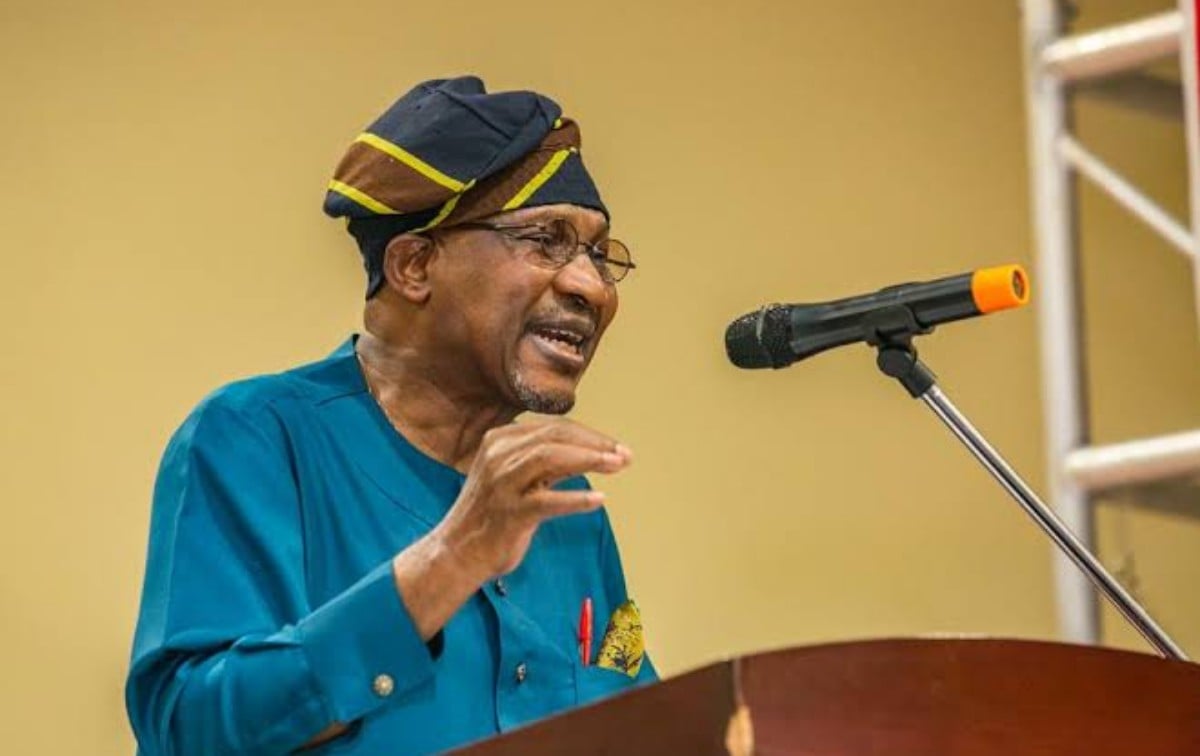
In a 1998 interview, Odekunle recounted how the Abacha regime tortured and jailed him for a crime he claimed to know nothing about.
Around 3am on December 20, 1997, his home was invaded by operatives of Abacha’s strike force. He was beaten in the presence of his wife and children before the invaders took him away.
The professor initially thought his arrest was based on the press coverage of a bomb blast at the Abuja airport which looked like an assassination attempt on Diya. However, he would later realise that his arrest was over allegations of a coup plot against the Abacha regime.
Advertisement
Describing his experience during his arrest, Odekunle said he was dehumanised and tortured both physically and mentally. He was released on July 15, 1998, after spending seven months in prison.
“They chained my right leg to the left leg of the person sitting next to me. Then they chained the left leg to the right leg of the other person sitting to my left. In the same fashion, my two hands were handcuffed to those of the same people. I was in this position throughout the journey from Abuja to Jos, a journey which took 12 hours to accomplish instead of the normal four hours,” he said.
Advertisement
“I don’t know whether this was deliberate to punish us the more. They never stopped to allow us to eat or go to the toilet. It was horrible. In my own black Maria, we were only three chained together like 18th century slaves and locked up from outside. If there was a fire or an accident, we would have perished before the keys could be procured. when we were off-loaded in Jos, the three of us had to move like that over pavements, staircases and along narrow paths. It’s better seen than imagined.”
CALLED FOR RESTRUCTURING TO PROMOTE PEACE
Advertisement
Odekunle is one of those who believe in restructuring for the promotion of peace. There have been several debates on whether the country should devolve more powers from the federal government to the regions or state governments.
In an interview with THE SUN, the PACAC member said Nigeria must restructure to tackle the rising challenge of insecurity, political and socioeconomic problems.
Advertisement
“The seed for this socio-economic, political and security problems we have now was not planted yesterday but decades ago when the structural adjustment programme started, and since that time, we have been going down the drain in terms of widening of the gap between the rich and the poor,” he said.
“This kind of inequality and legalised corruption must be dealt with. If we deal with them successfully, then we would have reduced the problem for the future. The problem is already here and you can only counter them by providing more security personnel who are dedicated and committed to duty. In addition to that, we must fundamentally restructure our political economy, socioeconomic relationship with different sections of the population to have and enjoy the desired peace.”
ERADICATING CORRUPTION IN NIGERIA IS A GRADUAL PROCESS
For the most part of his life, Odekunle campaigned, wrote and fought against corruption. His efforts in the anti-corruption fight resulted in his appointment as a member of PACAC.
Despite his consistent efforts in the anti-graft industry, Odekunle in an interview with The Punch said corruption in Nigeria cannot be eradicated at once. He believed it is a gradual process.
“This corruption has been going on for over 50 years and exponentially getting worst. It’s only being fought in the last four years, what can a four-year fight do in the context of a 50-year-old problem? One of the success stories in the fight against corruption is the recovery of looted funds. It is a process,” he said.
“At a point in time, money was being laundered abroad, but now there is no more room for that. All the so-called billionaire bankers who we are celebrating today made their money through this round-tripping. It is because they can no longer launder money that is why you have many houses in Abuja that are unoccupied.
“I did a study in eight African countries and discovered that there is a new system which is ‘internal money laundering’ whereby because they cannot send the money abroad anymore they use it to buy property. That is why in Abuja you have many plazas, mansions that are not occupied. We are also attacking that now. Rome was not built in a day.”
FROM ILESA TO IBADAN AND THE WORLD
Born in Ilesa, Osun state, Odekunle completed his primary education at Otapete Methodist School in 1955 and secondary education at Ilesha Grammar School in 1962. He had his higher secondary school education at Molusi College, Ijebu-Igbo in 1964, after which he proceeded to study criminology at the University of Ibadan between 1965 and 1968.
The professor obtained further education in Sociology at the University of Pennsylvania, Philadelphia, USA, between 1969 and 1974. He was trained at Pennsylvania on scholarship as a University of Ibadan Rockefeller Foundation scholar as well as a Russell Sage fellow.
He is the first director of the United Nations African Institute for Prevention of Crime and Treatment of Offenders and was chief project consultant on the Corruption Money Laundering Nexus in West Africa Survey for ECOWAS inter-governmental action task force against money laundering and terrorism financing in West Africa in 2009. Odekunle is a writer of several research publications and a recipient of numerous awards.
He will be remembered for his efforts in curbing corruption, his instrumental role in the adoption of the “whistle blower” policy of the federal government, and his record as the first Nigerian professor of criminology.
Add a comment
